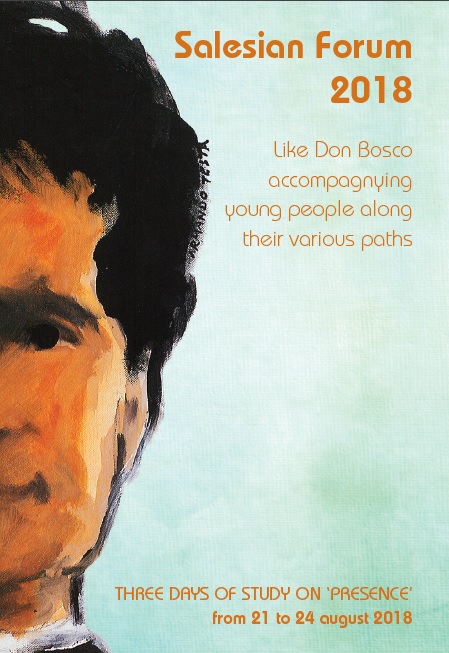In my essay I would like to present the stepping-stones for a Christian-inspired and Salesian relational and sexual ethics of growth in educational work. With this, I take as fact Don Bosco’s idea of assistance, which in this Salesian Forum is evoked as an educative attitude and method of ‘presence’.
In concrete terms, this means that we ‘journey along’ with young people (adolescents) who in our Western, pluralist society are ‘on their way’ towards sustainable love, inclusive of their relational and sexual development and explorations. What the Salesian approach of ‘assistance’ and ‘presence’ can mean today in terms of anthropological, ethical and educative perspectives, on these I have already expounded in two earlier contributions to the Salesian Forum/Forum Salesiano: “The vulnerable mastership of children and adolescents” (Berlin, 2011); “Reason and reasonableness as pillars of education. An ethical updating of Don Bosco’s legacy” (Turin, 2013).
Index
- Introduction
- 1. ‘Integral love’ as the ‘human desirable’ or ‘meaning-ful’
- 1.1. “Unique love of friendship”
- 1.2. To grow in love
- 1.3. From ‘irregular’ to ‘heterodox behavior’ and ‘sustainable love’
- 2. A growth-approach for young people ‘on-the-way’
- 2.1. The law of gradualness (including and surpassing deculpabilisation)
- 2.2. Responsible sex and the ‘lesser evil’ (minus malum)
- 2.3. ‘Minus bonum’: ‘lesser good’ – ‘partial good’
- 2.4. Some guidelines for relational and sexual growth among young people
- Conclusion: Growth ethics as ethics of mercy and redemption
Reference time period: 1968 – 2018
A. Zampetti, On the way to sustainable love. Ethical Stepping Stones for a Christian and Salesian Relational and Sexual Education of Growth in a Pluralist Society. In the Light of Pope Francis’ Logic of Mercy and Discernment (Amoris Laetitia), 2018.
